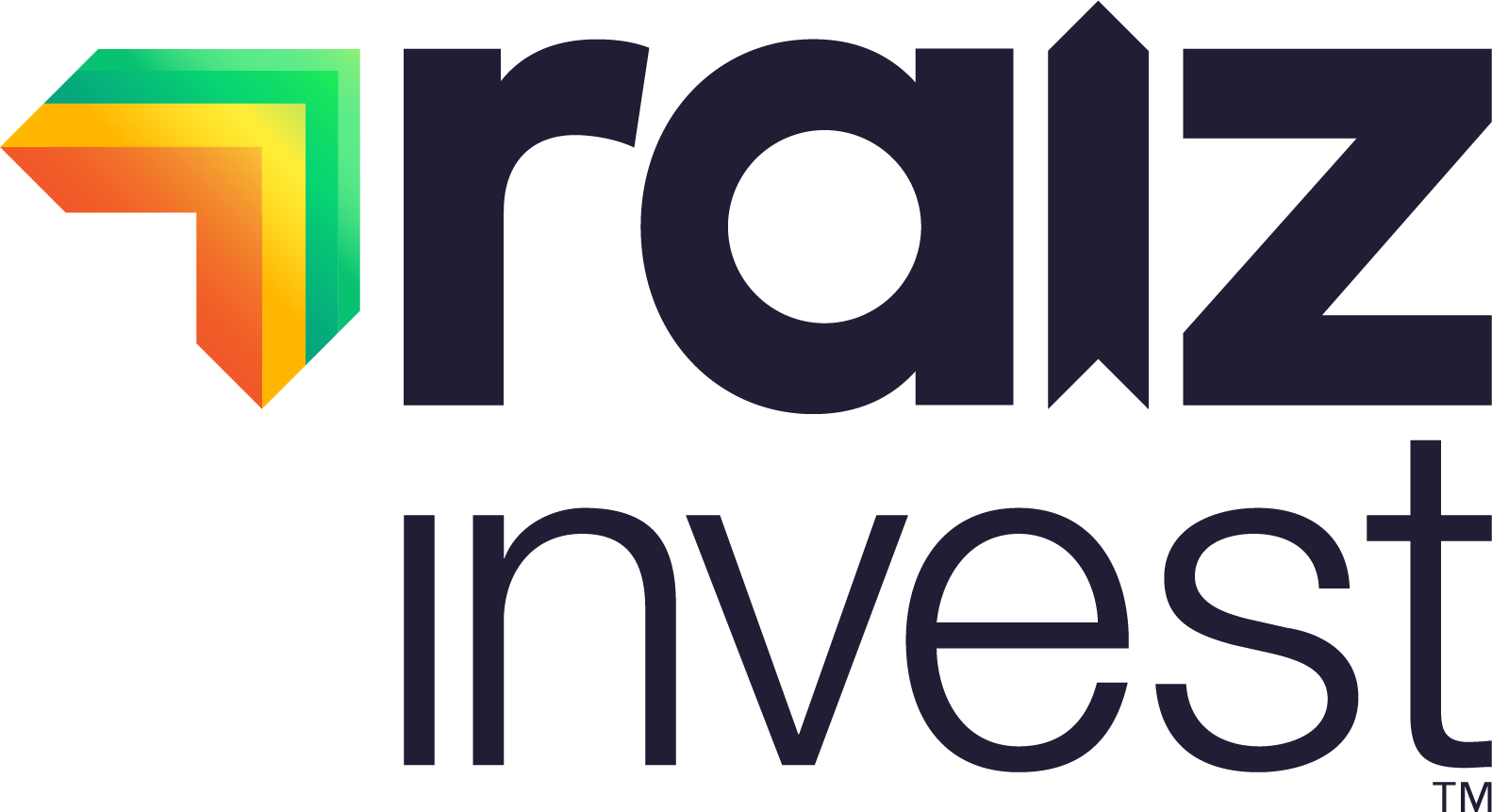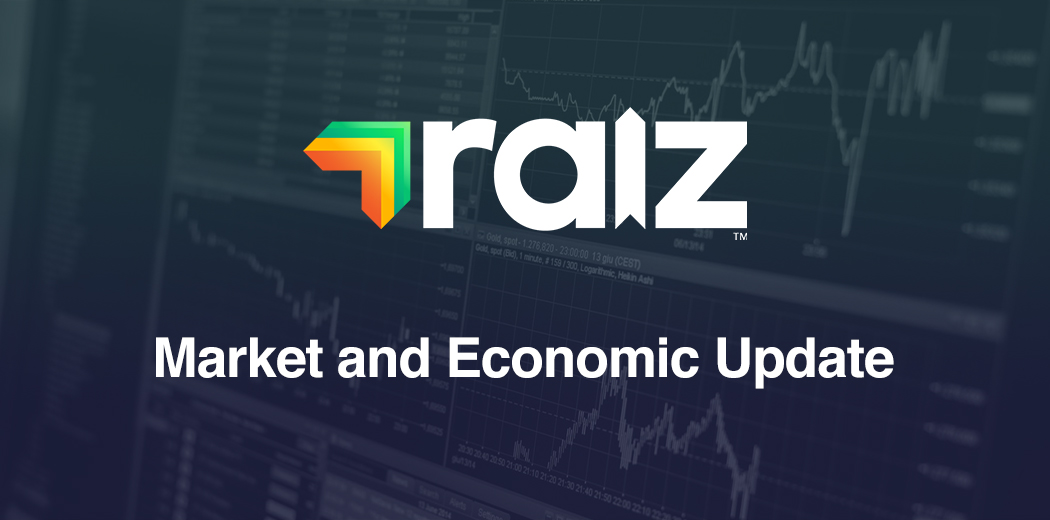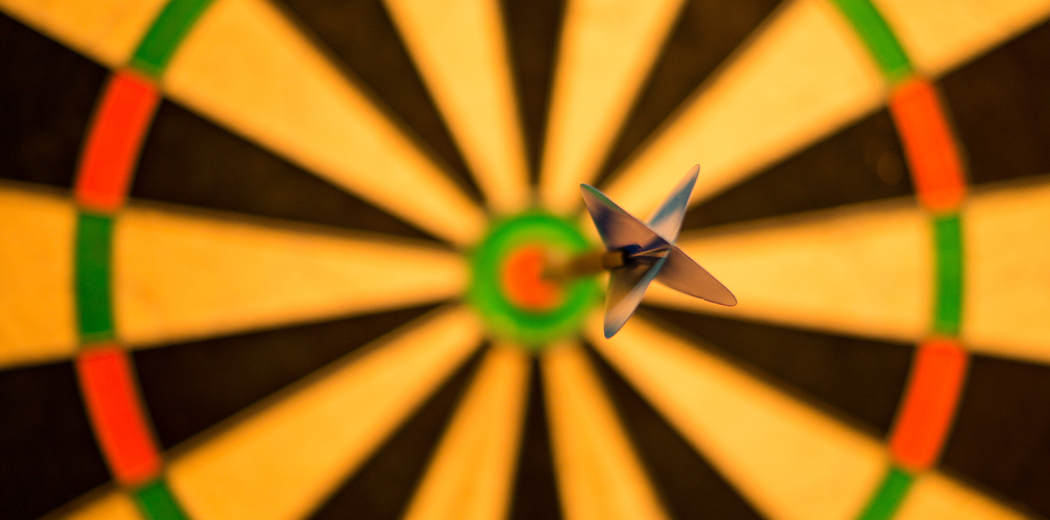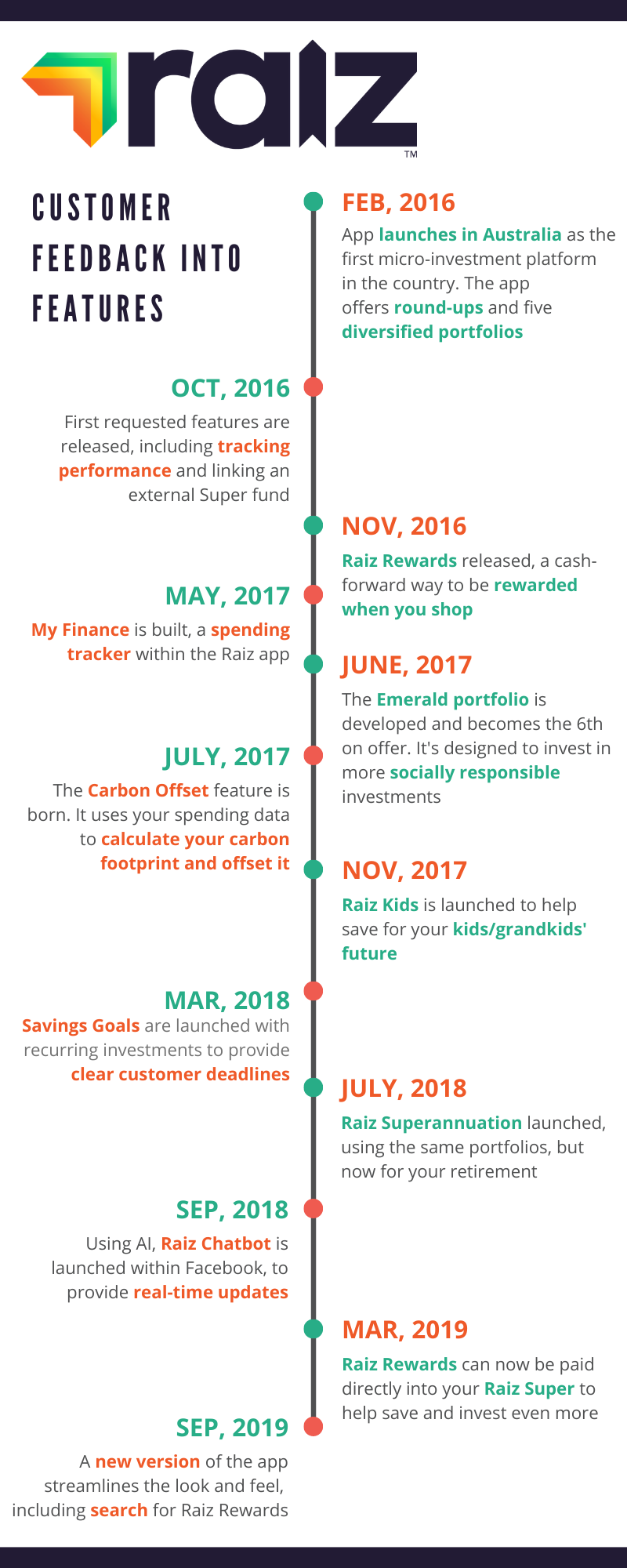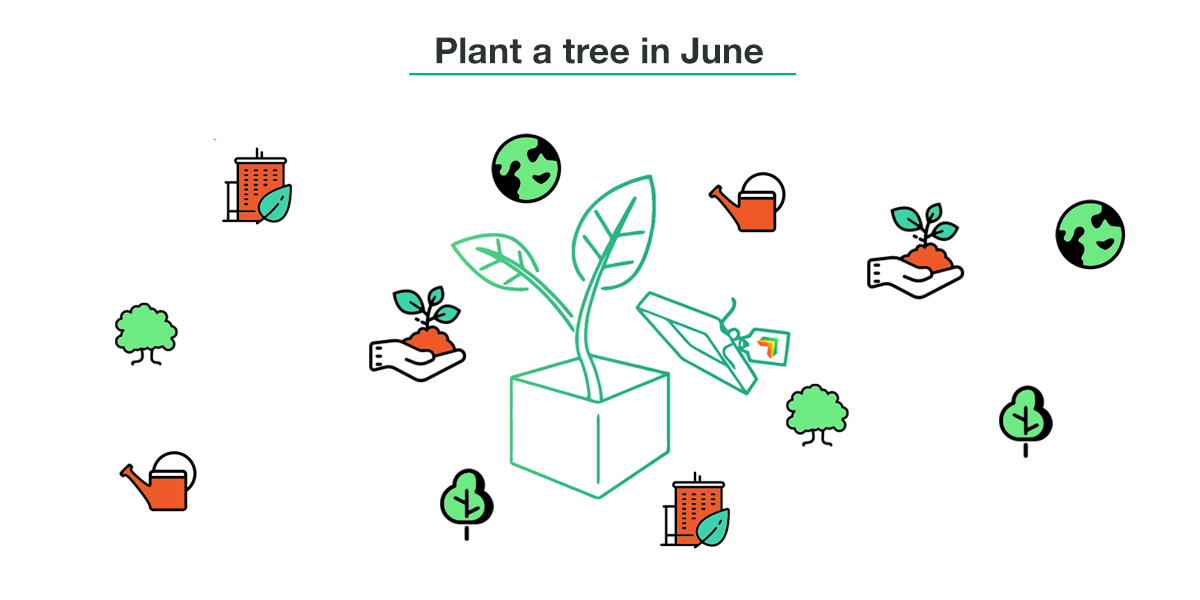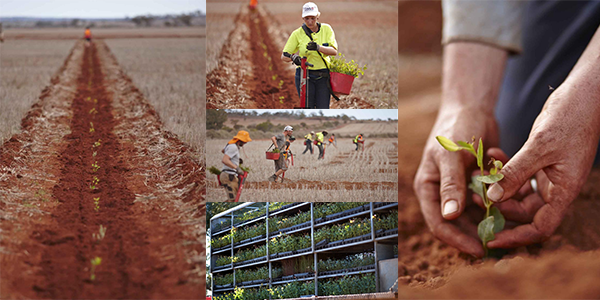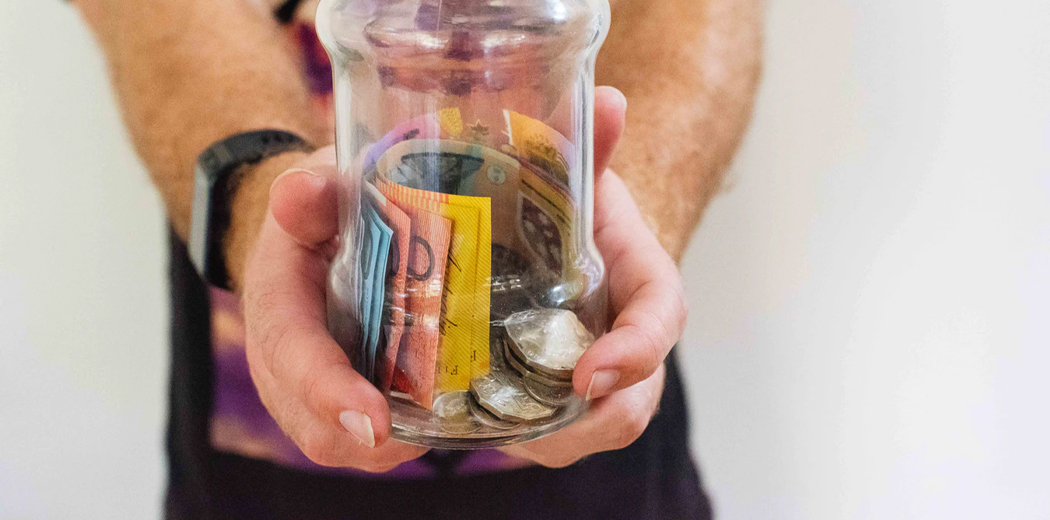
Getting on top of your personal finances can be tough and a common area where a lot of people fall down is keeping their spending in check when payday rolls around.
That’s because when your pay lands in your account it’s easy to spend too much and then not leave enough for savings and investing as well as all your fixed costs like rent and food.
But it doesn’t have to be this way and whether you get paid weekly, fortnightly or monthly, there are some easy tips you can follow to help manage your money around payday.
Shift your payday habits
Managing your money at payday means having good routines in place. So, it’s a good idea to have a look at your usual spending habits at this time and see if anything needs to change. For instance, if you regularly spend half your pay on buying clothes online as soon as money lands in your account, then you probably need to reassess your spending in this area.
Indeed, if this sounds like you, it may be a good idea to schedule a different, and less costly, purchase at that time, or an activity you enjoy that won’t break the bank.
Get your priorities straight
Your spending priorities are also very important to get right on payday. Remember, if you want to manage your money smarter, and not get caught short before your next pay is due, it’s helpful to pay important things like mobile and internet, rent and insurances first.
Even better, why not consider setting up automatic deductions from your transactions account that can be timed for when your pay arrives. This will enable you to make important payments without having to lift a finger as well as more accurately budget.
Take the hassle out of saving
Living pay check to pay check makes saving money difficult as you either run out of cash before you have the chance to save, or you end up using your savings to cover regular bills.
Breaking this cycle can be tricky, but one option is to open a stand-alone savings account and then have a proportion of your pay automatically deposited into it – a strategy commonly referred to as ‘paying yourself first’. This amount can even be deposited directly by your employer at some organisations.
Want to invest? Think about automatic recurring deposits
Many people, especially millennials, want to get into investing, but may not think they have the money. This could be due in part to financial mismanagement at payday. However, the good news is that mobile apps like Raiz are making it easier than ever to invest and put your money to work.
Setting up a recurring deposit into your Raiz account on payday will automatically invest a portion of your paycheck as you go about your daily life, taking a lot of the hassle out of your hands and removing the need to make big decisions on payday. For more information on Raiz fees, click here.
What about emergencies?
Payday is not just about saving money or investing, it’s also about ensuring you’ll be okay if something unexpected happens. For many people, this means having an emergency fund.
When it comes to an emergency fund, how much you’ll need will differ depending on your particular circumstances. But even so, it’s a good idea to reserve some of your pay for unexpected shocks like a death in the family, a medical emergency or a one-off payment.
Don’t have the Raiz App?
Download it for free in the App store or the Webapp below:
Important Information
The information on this website is general advice only. This means it does not take into account any person’s particular investment objectives, financial situation or investment needs. If you are an investor, you should consult your licensed adviser before acting on any information contained in this article to fully understand the benefits and risk associated with the product.
A Product Disclosure Statement for Raiz Invest and/or Raiz Invest Super are available on the Raiz Invest website and App. A person must read and consider the Product Disclosure Statement in deciding whether, or not, to acquire and continue to hold interests in the product. The risks of investing in this product are fully set out in the Product Disclosure Statement and include the risks that would ordinarily apply to investing.
The information may be based on assumptions or market conditions which change without notice. This could impact the accuracy of the information.
Under no circumstances is the information to be used by, or presented to, a person for the purposes of deciding about investing in Raiz Invest or Raiz Invest Super.
Past return performance of the Raiz products should not be relied on for making a decision to invest in a Raiz product and is not a good predictor of future performance.
